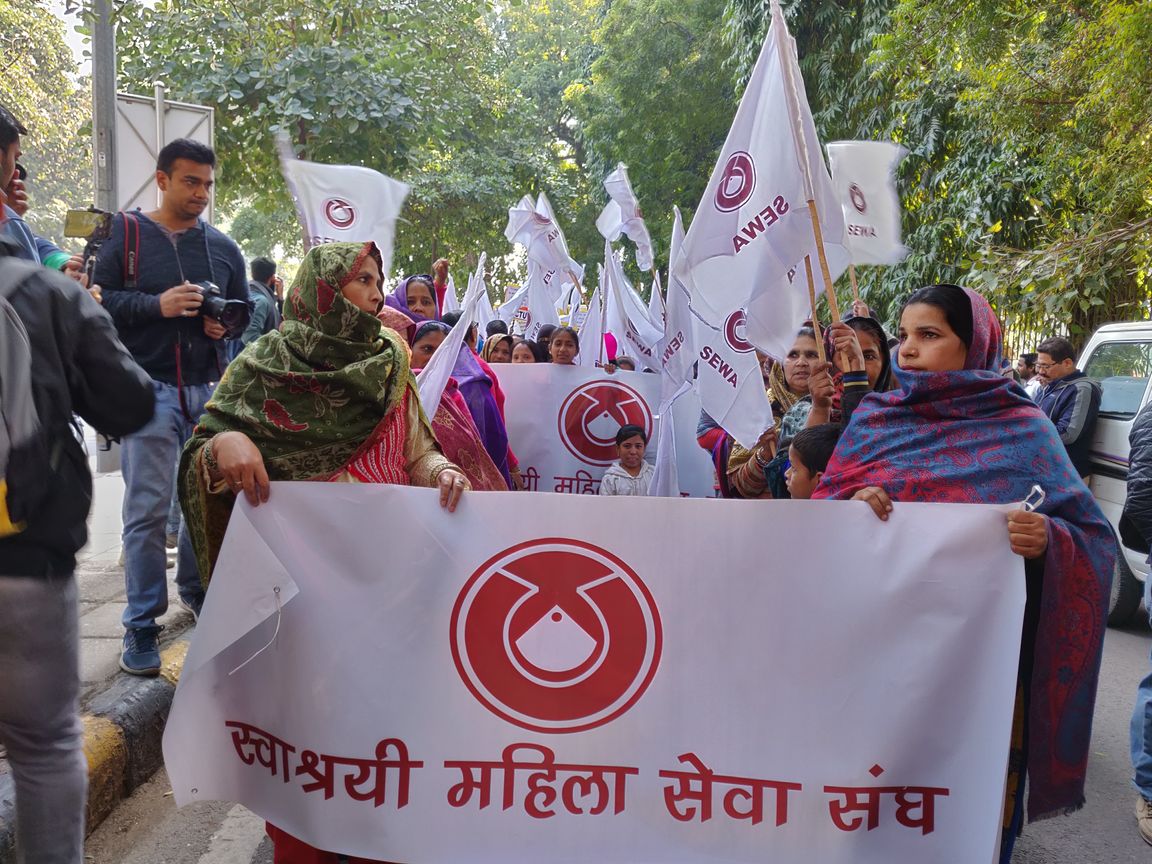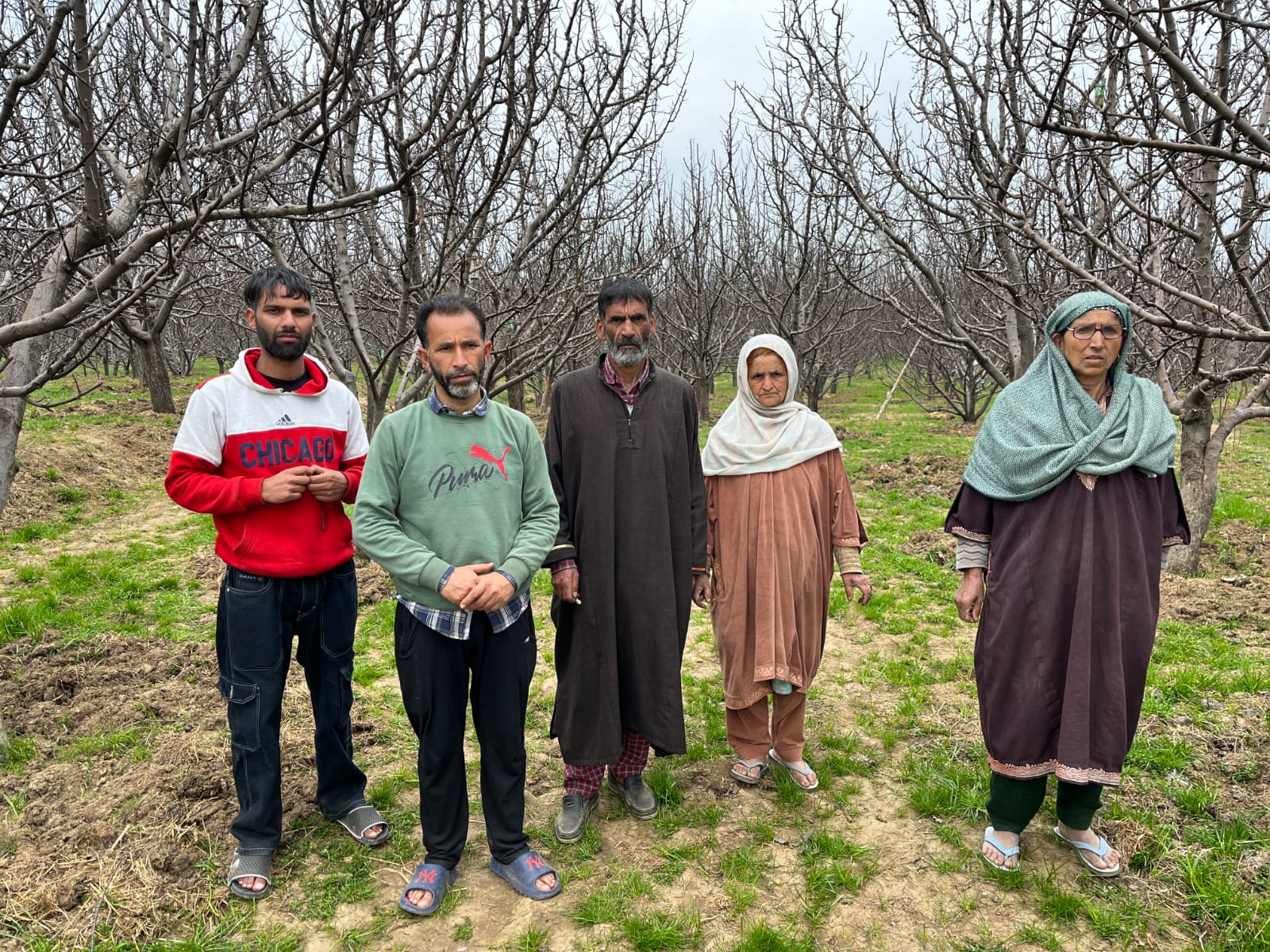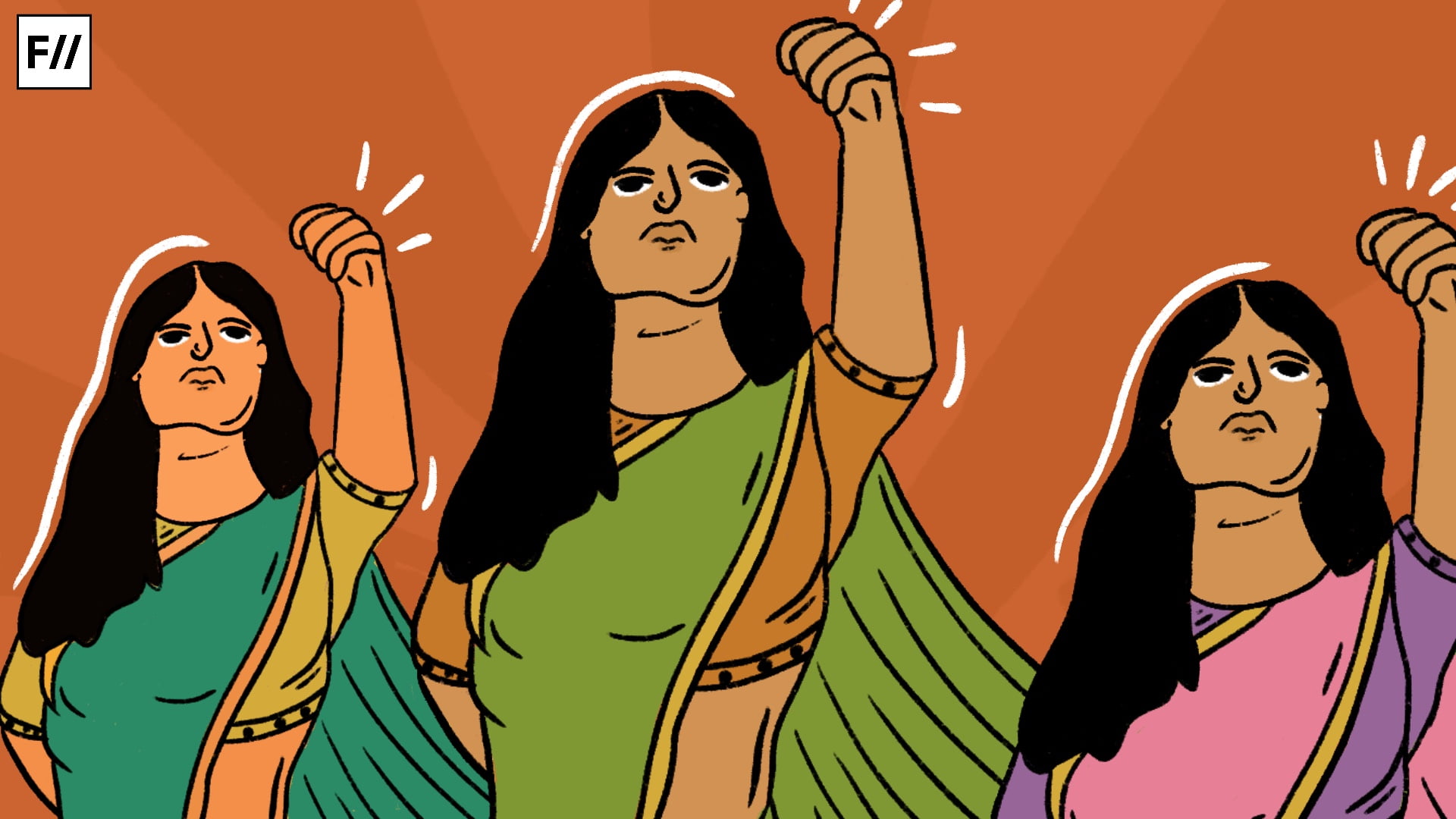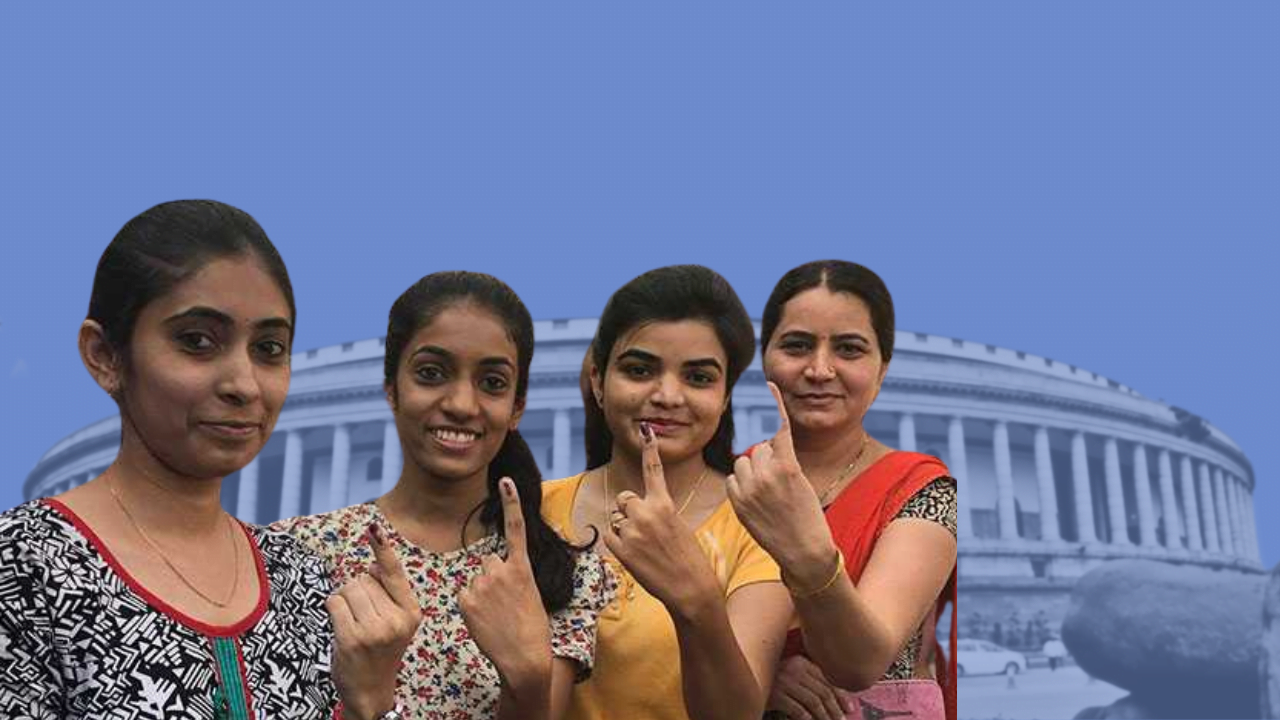Thousands of workers, from both organised and unorganised sectors, gathered for the second day of the All India General Strike by trade unions (8-9 January) in New Delhi to protest against the reforms in labour law made by the ruling BJP government. The labour ministry in the name of “weeding out unnecessary laws”, decided to consolidate forty-four central labour laws into four labour codes, namely Wages, Social Security, Industrial Relations (IR), and Occupational Safety, Health and Working Conditions (OSHW). These codes are estimated to impact the lives of 45 crore Indian labourers as many central trade unionists believe that these reforms are “pro-corporate” in nature and goes against the rights of the workers.
These codes are estimated to impact the lives of 45 crore Indian labourers
What sparked the controversy was when PM Narendra Modi during a speech in July 2015 stated that these reforms would only be made after “the concurrence of unions.” In fact, as stated by All India Trade Union Congress (AITUC), “The so called consultation process appears to be completing a formality,” as three out of the four codes are already in the parliament to be legislated.
This move was opposed by ten central trade unions including the Indian National Trade Union Congress (INTUC), Centre of Indian Trade Unions (CITU), Hind Mazdoor Sabha and AITUC. Creating a ripple effect, the consultations for the labour codes were boycotted by almost all major trade unions. There had been protests earlier against the amendment in The Industrial Employment (Standing Orders) Central (Amendment) Rules, 2018 allowing fixed-term employment in every industrial sector. This system creates a leeway for the exploitation of the workers. The amendment, despite being protested against, was passed in the budget session. Unions were called for consultation after the bill was presented in the Parliament but it was boycotted by them.
Numerous objections were raised against the bill such as the government’s power to fix minimum wage arbitrarily, allowing state government to engage private firms for administering social security, the three-tier structure proposed in the code, merging laws regarding safety and working conditions, etc. CITU formulated a 12 point charter of Demands which includes strict enforcement of all basic labour laws, universal social security cover for all workers, minimum wages of not less than Rs 15,000/- per month with provisions of indexation, assured enhanced pension not less than Rs 3,000/- p.m. for the entire working population, stoppage of disinvestment in Central/State PSU, among others.
SEWA (Self Employed Women’s Organisation), one of largest trade unions for women, was present among other unions and organisations such as CITU, AIBEA (All India Bank Employees Association) , AITUC, UTUC (United Trade Union Congress), INTUC (Indian National Trade Union Congress) AICCTU (All India Central Council of Trade Unions), AISF (All India Students Federation), AIIEA (All India Insurance Employee Association) and DTC Worker’s Union.
The participants of the protest criticised the Modi-led BJP government through chants like “Mazdooro se mat takrao, Modi sarkar ko hatao” (Don’t mess with workers, remove the Modi government) and “Thekedari dhokha hai, Modi sarkar dhokha hai” (Contractual labour is scam, and so is the Modi government).
The protest rally ended with a song performed by a group from Sangwari Theatre Group.
“Jab tak malik ki nas nas mein macha na de bhoochal,
Jaari hai hadtaal hamari, jaari hai hartaal”
(Unless we shake the conscience of our employers, our strike will continue, our strike will continue)

The protest highlighted how the demands and struggles of the labour sector have always been ignored by the government and not given attention to by the public.
The protest highlighted how the demands and struggles of the labour sector have always been ignored by the government and not given attention to by the public. It is time that they have the same rights as any other working citizen of India.
All images were taken by the author.




